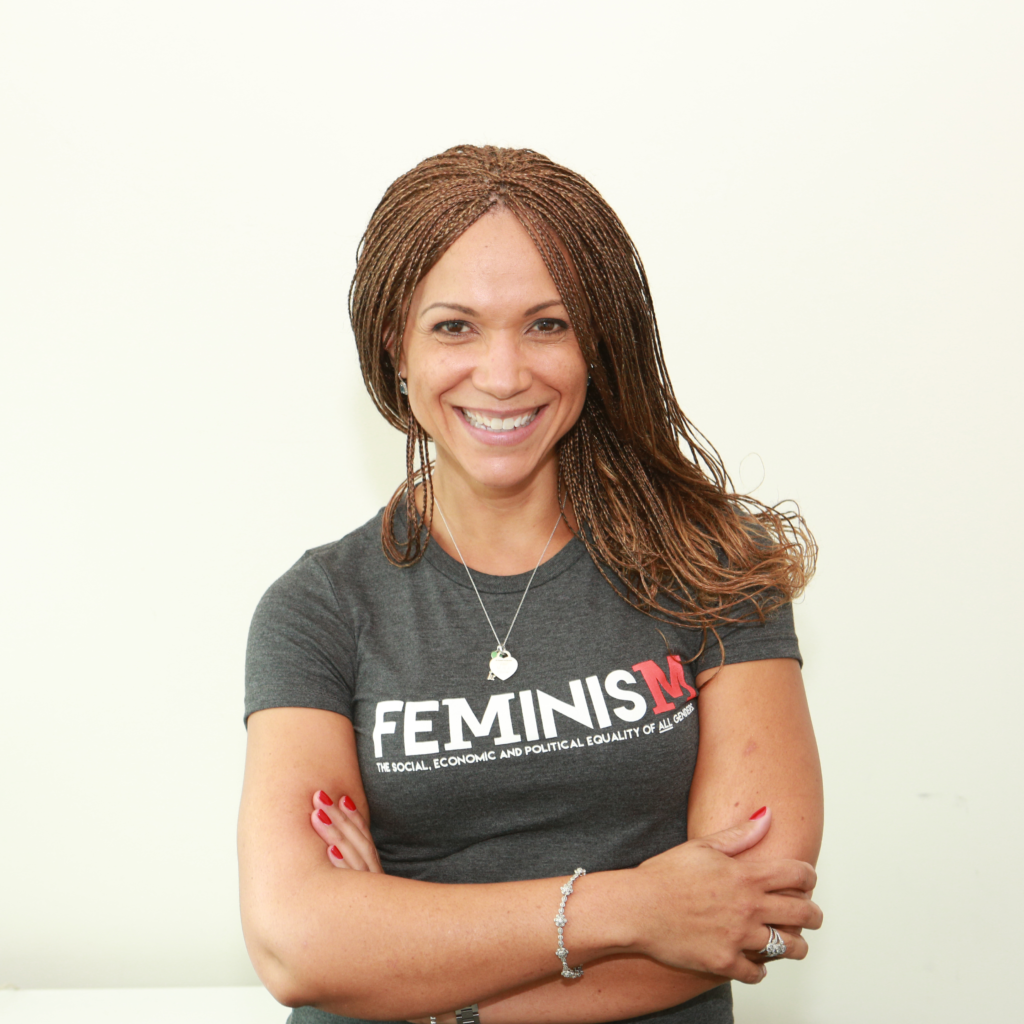Melissa Harris-Perry

Presidential Endowed Professor
PhD. Duke University 1999
Areas of expertise: American Politics, African American Politics, Feminist Politics, Public Opinion, Religion and Politics
Melissa Harris-Perry is the Maya Angelou Presidential Chair at Wake Forest University in the Department of Politics and International Affairs, the Department of Women, Gender, and Sexuality Studies, and the Program in Environment and Sustainability. Melissa is founder and president of the Anna Julia Cooper Center, an independent organization advancing justice through intersectional scholarship and action. Along with Dorian Warren, Melissa co-created and co-hosts System Check. She is currently serving as interim host of The Takeaway from WNYC public radio. Melissa is an award-winning author, sought after public speaker, and accomplished media professional. From 2012-2016, she hosted the television show “Melissa Harris-Perry” on weekend mornings on MSNBC and was awarded the Hillman Prize for broadcast journalism. She has served as editor-at-large Elle.com and for ZORA. She continues to serve as contributing editor for The Nation. She is the author of the award-winning Barbershops, Bibles, and BET: Everyday Talk and Black Political Thought, and Sister Citizen: Shame, Stereotypes, and Black Women in America.
Harris-Perry received her B.A. degree in English from Wake Forest University and her Ph.D. degree in political science from Duke University. She studied theology at Union Theological Seminary in New York. Harris-Perry previously served on the faculty of the University of Chicago, Princeton University, and Tulane University. She serves on several boards and award committees and is a trustee of The Century Foundation, The Next 100 and The Markup. Professor Harris-Perry has been awarded honorary degrees from many universities including Meadville Lombard Theological School, Winston-Salem State University, Eckerd College, New York University, and Ithaca College.
POL 203 Girls’ Stories: Race, Politics, Pedagogy
Study of American politics through investigation of stories written about American girls in the 20th and 21st centuries.
POL 201 America’s First Ladies
Exploring American First Ladies as political and social actors.
POL 210 Race, Class, and Social Justice
This course explores answers to the questions: What is social justice? How are identities, experiences, and structures of race, ethnicity, and class intertwined with social justice in the American context? Why does social justice matter? What can individuals and communities do to develop socially justice outcomes? Students closely read a number of texts drawn from a wide variety of disciplines and contemporary popular writings. In addition to traditional classroom practices of lecture, discussion, and writing, this course moves decidedly beyond the classroom by requiring students to engage in a number of social justice activities on campus and in the Winston-Salem community. Students work collaboratively to build a toolkit for social justice as the final project for the class.
POL 216 Black Women in US Politics and Media
Black women’s participation in American politics and media.
